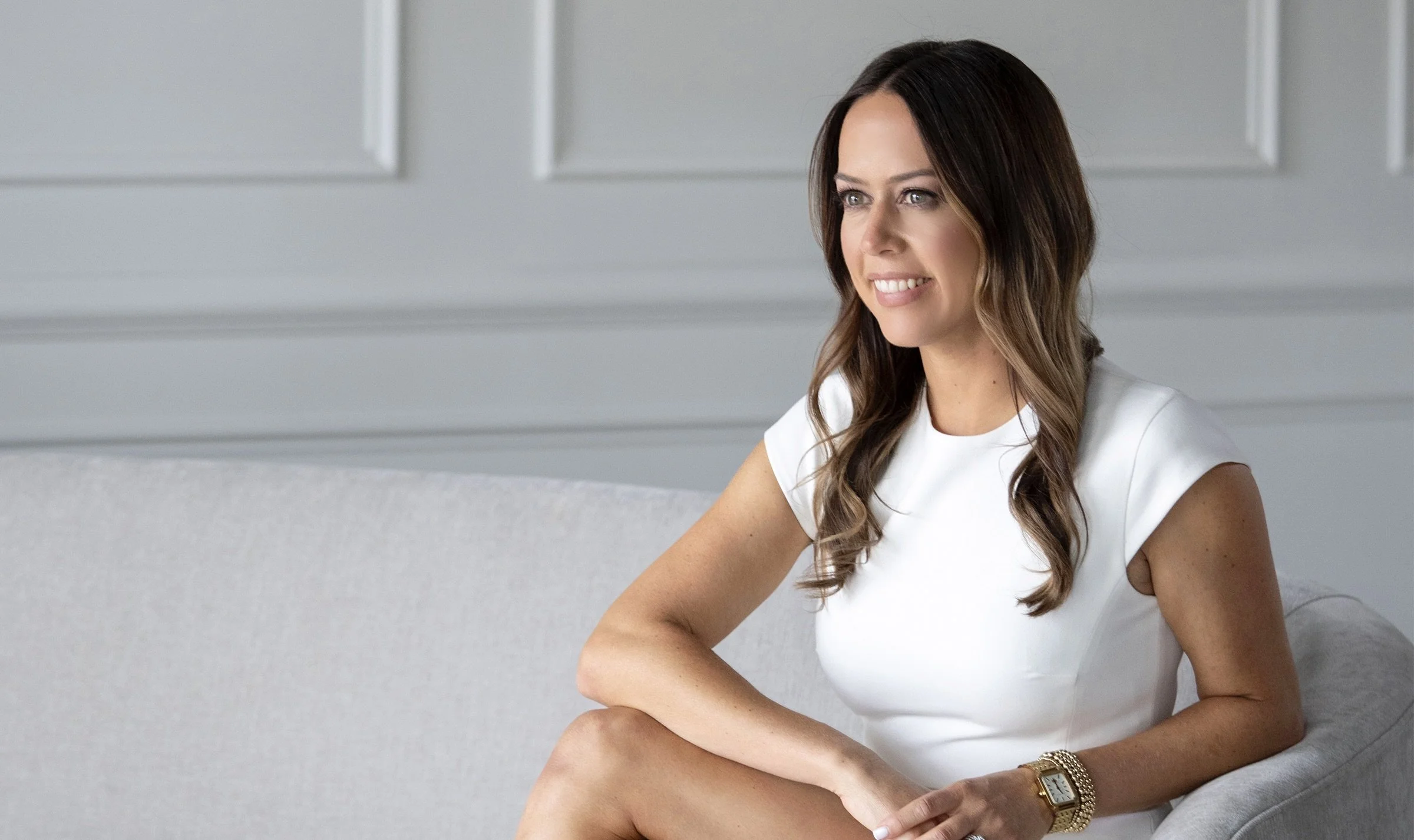Your Expectations Matter… How Misaligned Expectations in Your Relationship Can Lead to Frustration in Your Dating Life.
Takeaway: Understanding and discussing your expectations in a relationship is the key to fostering a healthier and more fulfilling connection.
Here’s why communicating your expectations to your partner leads to a healthier relationship.
Let’s talk about expectations…
Imagine accepting a job without understanding your employers’ expectations? Would you be successful? Would you thrive in it? Or would you spend more time confused, unsure, and struggling to understand what to do?
Employers provide you with a job description that lists your responsibilities, expectations, and preferred skill set. Would you sign a contract if you were unsure of what was expected from you?
Most people would not accept a role that did not state the above mentioned, however, most people enter relationships and marriages without ever having this conversation with their partner.
Now I am not suggesting you discuss your expectations for relationships on your first date, as the person may go running, but it is essential that as you move toward a more serious stage that you and your partner have a healthy discussion about expectations.
What do I mean about expectations in our relationships?
Have you ever heard someone say that their son married their mother? That does not mean that the son was attracted to his mother and therefore searched for a partner who was similar to his background and upbringing. For better or worse, the son was subconsciously conditioned to want and to expect a similar caretaking situation and emulate what he had or observed in his childhood.
We all enter relationships with our own stuff, some can be viewed as negative, positive, or neutral, but it all plays a part in who we are. How we were raised, our childhood experiences, our biases, cultures, religious beliefs all contribute to who we are, but also what we expect from our partners and relationships. Our expectations are shaped by what we had and also by what we crave and want.
We may not even be conscious of our expectations until certain life situations arise while we are in a relationship with another person. You may fall in love and get married to someone because you have common interests in hobbies, careers, and other shared values. You enjoy spending time with each other, and you are attracted to one another. Now enter real life.
Having an open and honest conversation about your expectations for your partner will give the space to explore where you align and where you may differ. This allows you the opportunity to understand where each person is coming from, but also where you may be flexible or evolve your expectations. You may unconsciously expect your partner to stay home with your children because that is how you were raised. Is there room to evolve this viewpoint or is this a game changer in a relationship? Before making life decisions, having these challenging but necessary discussions allows each person in the relationship to clearly understand their thoughts, assumptions, and beliefs.
Are these core beliefs hard wired? Are you or your partner’s expectations too high? Which circumstances will trigger you throughout your relationship? Where do these expectations stem from and are you able to make compromises and rewire your beliefs or examine and challenge the template that was modeled to you from your family of origin? If these expectations are not met, will you be happy? Does your partner want to grow into some of these expectations you may have? Are these expectations healthy or were you conditioned to believe these cognitive distortions? Are they realistic expectations or are you searching for a way to fill some void or fix a core fear of your own?
Cognitive Behavioral Therapy in New York can help….
Therapy can help you figure out your biases, expectations, core beliefs and fears that may be driving how you and your partner communicate. Maybe you are stuck and want to meet someone, but you keep repeating the same patterns and aren’t sure why.
Therapy can help you to make sense of your subconscious and conscious expectations and empower you to communicate and engage in healthy discussions with your partner or give you a better sense of who and what you are looking for in a relationship. Believe it or not, about 90% of our life decisions are motivated from our subconscious mind. Therapy can help you understand your values. It can help you explore questions like… “What was the role of a mother in your childhood? What was the role of a father? What is your relationship and expectation with money based on what your parents modeled? What was it like to grow up in your family?”
Individual therapy can also help you understand what you expect from your partner. Some questions that may come up for you in therapy would be:
What do your careers and lifestyle look like?
How does a partner react when you show emotion?
What role do you see yourself having in domestic responsibilities when living together?
What do you expect for your partner in the parent role? What was your parent’s parenting style growing up?
Was religion present in your life? How does religion show up in your relationship?
Some of these conversations may seem premature when you are just in the beginning phases of a relationship and you worry you will scare your partner away, but it also will save you a lot of time and energy down the road and create healthy communication and realistic expectations. Guidance from a therapist can help you ask these questions so you have more clarity on what to expect in your relationship and help you check if you are being intentional about who you decide to partner up with before marriage.
Therapy Can Help You Figure Out How to Talk About Expectations in Your Relationships
If you are struggling to find out why your romantic relationships haven’t been working out for you, reach out to schedule a consultation here to see if cognitive behavioral therapy is a fit for you.
MEET THE AUTHOR
Anne-Marie Conlan
Anne-Marie is a licensed mental health counselor with a remote private practice
in Westchester County, NY. She helps teenagers and adults struggling with
anxiety, depression, grief, relationship issues, and health and wellness goals.





